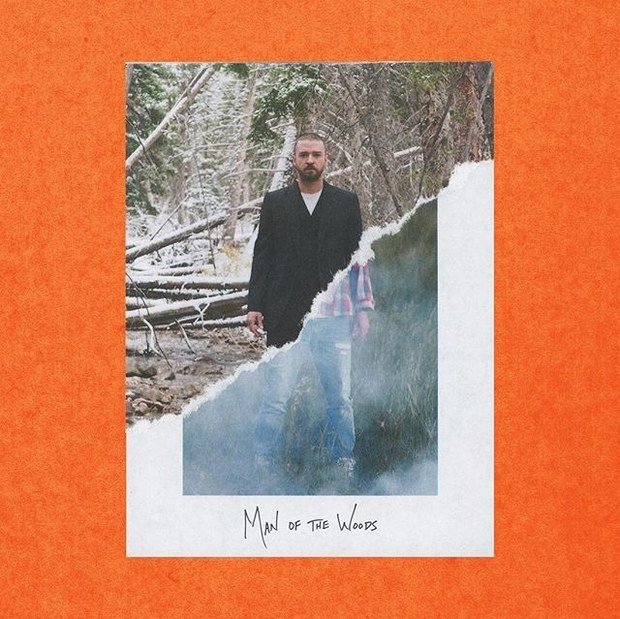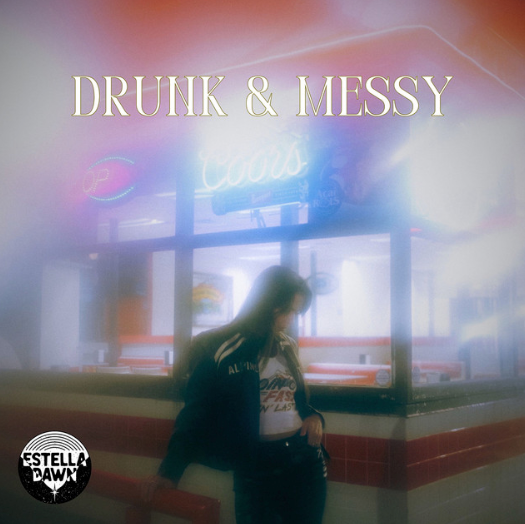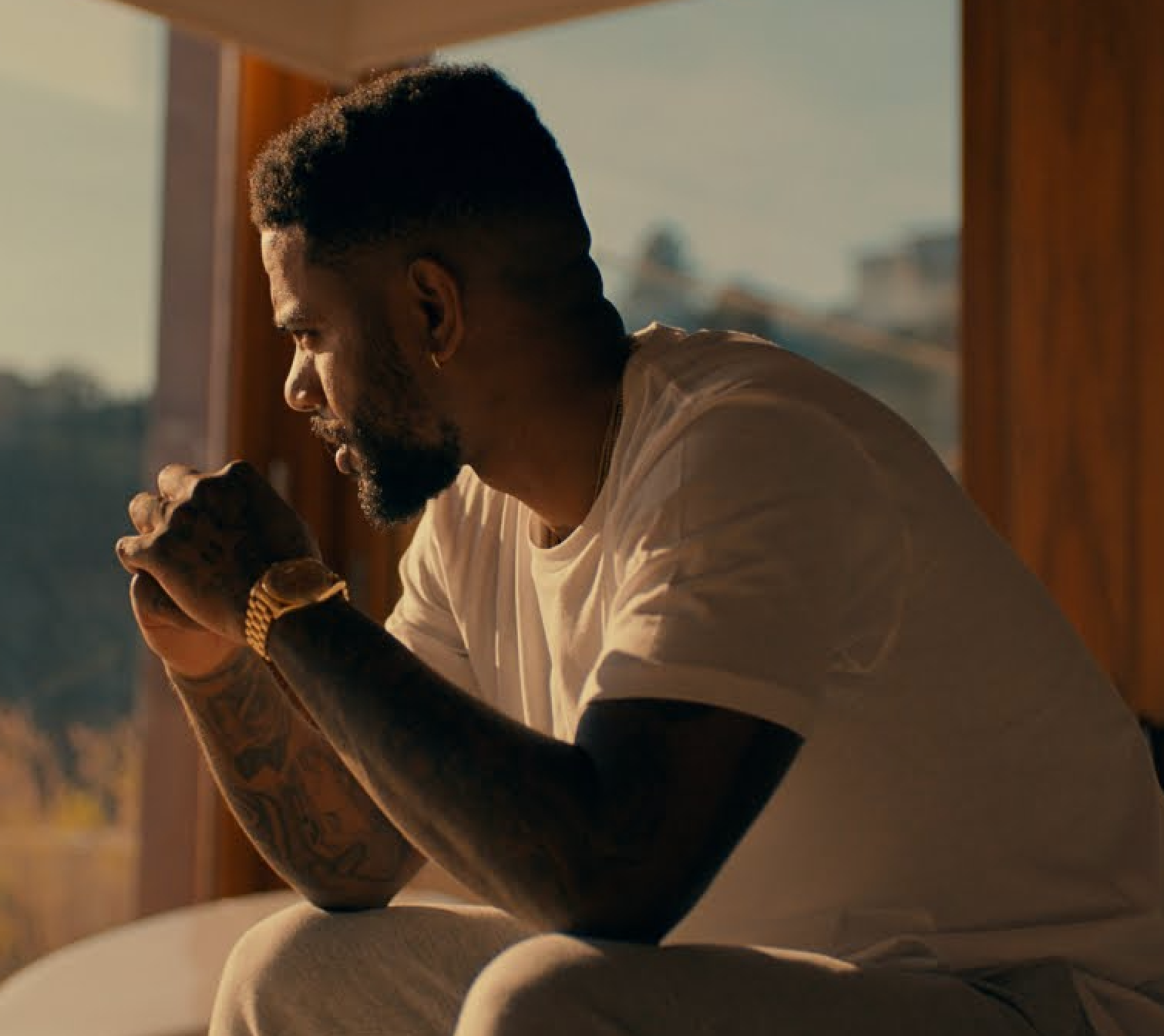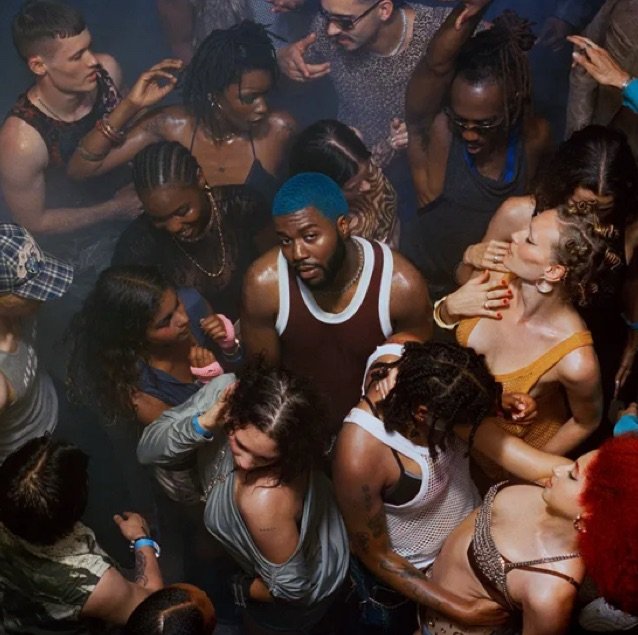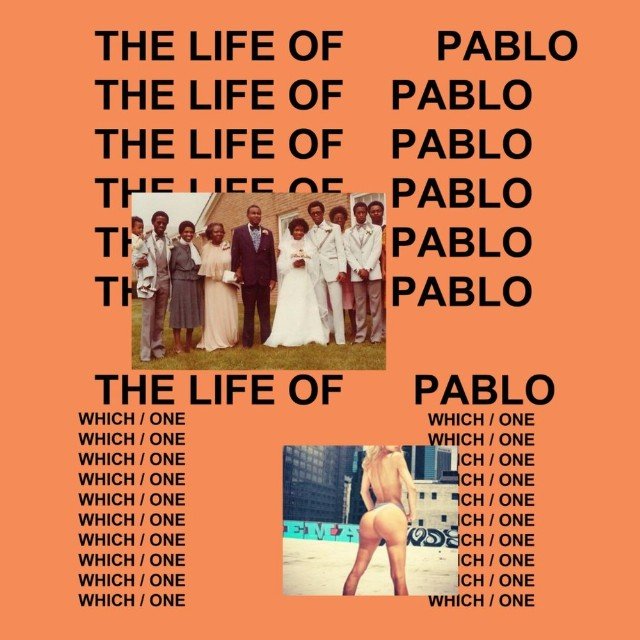
Bart Schrijver’s “The North” is a film that chronicles the Odyssean journey of two old friends, Chris and Lluis, as they traverse a multi-day hiking trek through the Scottish Highlands. As the pair begin their quest, so too does the audience begin its own expedition alongside them.
Shot on location and rooted in a wholly immersive sense of verisimilitude, every aspect of “The North” so deliberately and intuitively puts the viewer in the same headspace as the characters themselves. As the long-distance friends begin the hike, you can practically feel the weight of this commitment weighing down upon them. From the strained attempts at familial conversations to the stolen glances and painful silences, everything about this relationship not only feels authentic from the outset but also incisively accurate in its depiction of masculine friendship.
As the journey commences and the characters themselves are tested, so too is the audience, in a genuinely insightful character framed against the majestic and traditional backdrop.
TOP FIVE THINGS ABOUT “THE NORTH”
5. Dual Protagonists
One of the most striking things about The North is writer-director Bart Schrijver’s uncanny ability and commitment to giving each side of the central relationship its due diligence. More often than not, in films such as this that tackle the disillusionment of any kind of relationship, the audience is very squarely seeing the events unfold through the subjective viewpoint of the protagonist. When you watch I Love You, Man, for instance (a similarly unflinching look at masculine relationships), you are encouraged to feel for Jason Segel’s character at various points, but you’re never not seeing the story as a whole from Paul Rudd’s perspective.
In stark contrast to this, The North passes the baton between Chris and Lluis several times across the film, allowing viewers to see the story as the multifaceted and complex emotional back-and-forth that it truly is. The film never feels like it is objectively siding with either character or attempting to portray the other as unreasonable in their wants, needs, and motivations. Instead, they are both simply fallible, human characters who make mistakes along the way, and Schrijver’s work allows us to experience that wholeheartedly.
4. Grandiose and Intimate
Piggybacking on the previous point, actors Bart Harder (as Chris) and Carles Pulido (Lluis) bring such vivid realism to their characters that they are able to form highly articulate layers within their performances throughout the film. For instance, the Chris who is speaking on the phone with his wife back home and the Chris who is attempting to incite jovial energy while playing Uno with Lluis are fundamentally the same character, and yet Harder brings such nuance to the role and really leans into this element of overt performance. Similarly, Pulido brings a quiet, morose intensity to Lluis, which he keeps simmering just beneath the surface as he attempts to make Chris happy. However, in scenes where Lluis is alone, this emotionality comes pouring out of Pulido in striking form.
This results in these intimate moments of interpersonal character drama feeling earned and rooted in authentic emotions, and the fact that they are playing out against this backdrop of the Scottish Highlands gives the film an almost cosmic quality. Schrijver and cinematographer Twan Peeters visually capture the film with a wide scale and scope, and stage it with fluidity and clarity. The film is full of sustained oners, which simultaneously allow the magnitude of these monolithic vistas to impact the audience and evoke the palpable emotions of the performances themselves. The result is a film that takes these minute internal beats and externalizes them in wondrously affecting cinematic form.
3. The Immersive Sound
Working in tandem with these concentrated and disciplined visuals, as well as the immersive qualities of the film as a whole, the sound design of The North is frequently astounding. The film does not include a single note of musical score in its runtime until its very final moments, when the first musical cue creeps in to guide viewers into the end credits. Prior to that, no music is used in the film at all, which puts a real emphasis on the diegetic, natural sounds of the film. Sound mixer Fraser Allan does a phenomenal job of not only capturing and creating tactile, palpable audio work but also leaning into the subjectivity of sound to power the film’s biggest beats.
When Alfred Hitchcock made The Birds (another film that famously eschewed a traditional score), he enlisted composer Bernard Herrmann to contribute, helping to orchestrate the diegetic sound of the film and essentially creating an experimental film score composed entirely of natural sounds. There were several instances in The North in which Allan and editor Gijs Walstra’s acutely-timed work functioned in similar ways, both providing percussive movement and punctuation in understated, effective ways.
2. Earnest Exploration of Masculinity
In The North, I found a film that spoke directly to the modern age of man in a highly prescient way. Just as films like Fight Club or the aforementioned I Love You, Man spoke so specifically to the masculinity in their own respective release windows, so too does The North speak to masculinity in 2025. On a macro level, the film is overtly about male relationships, how they fall into disrepair, and the perceived threat of vulnerability in a world that wears you down, much like the sedimentary rock faces of the Highlands themselves.
1. Cosmic Wonder of Age
In tandem with this exploration of masculinity, the film also explores growing older and finding oneself standing on the brink of a new chapter in life, which can be both awe-inspiring and terrifying. Chris and Lluis embark on this journey, primarily fueled by nostalgic memories of their youth, when they were closer together, both literally and emotionally. But as their focus gradually shifts away from the past and more toward the present and even the future across their hike, they and we realize how far apart they’ve become. And while this journey has the chance to change that and return them to the world as different men, is that even something their established structures at home would allow? One of my favorite scenes in the film is a silent externalization of this thought-provoking thematic conundrum, set against a breathtaking single beachfront shot, and it is breathtaking.
RGM GRADE
(B+)
Overall, The North is a remarkably well-made film that captures raw emotionality and tackles big thematic ideas with heft and dexterity. I highly recommend that you set aside some time and allow yourself to be fully immersed in this authentic cinematic experience, and go along on the journey alongside Chris and Lluis. You won’t regret it.
Discover more from RATINGS GAME MUSIC
Subscribe to get the latest posts sent to your email.


